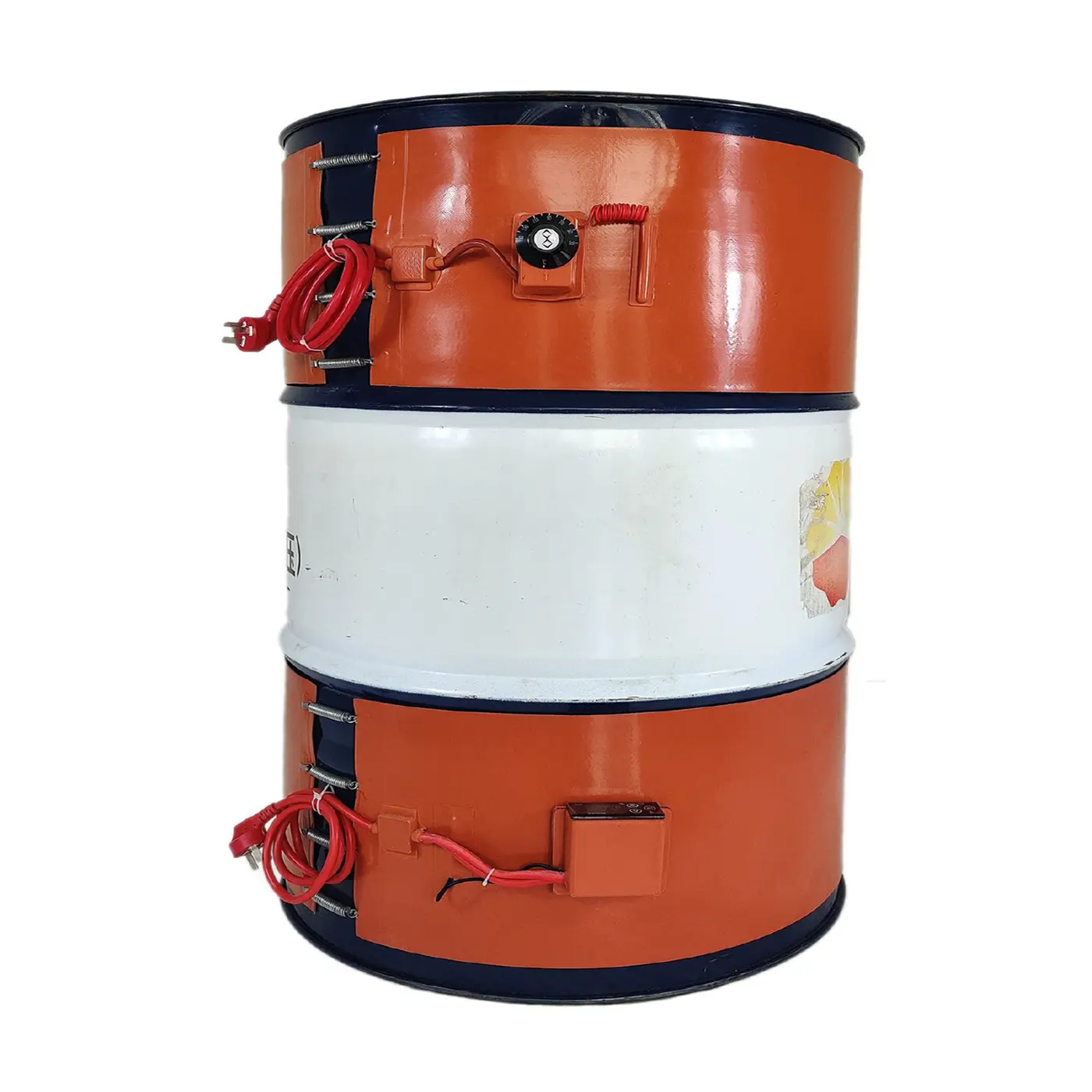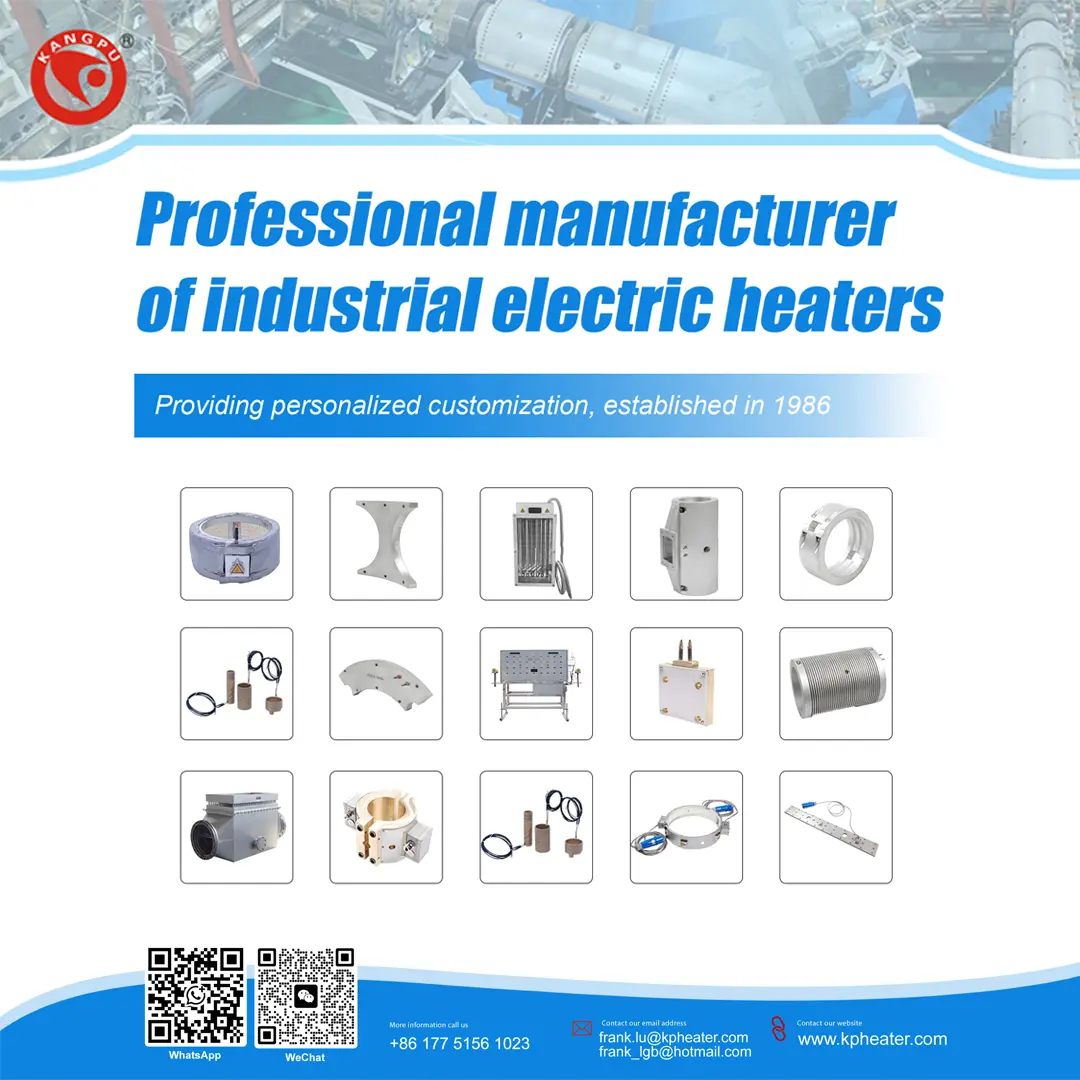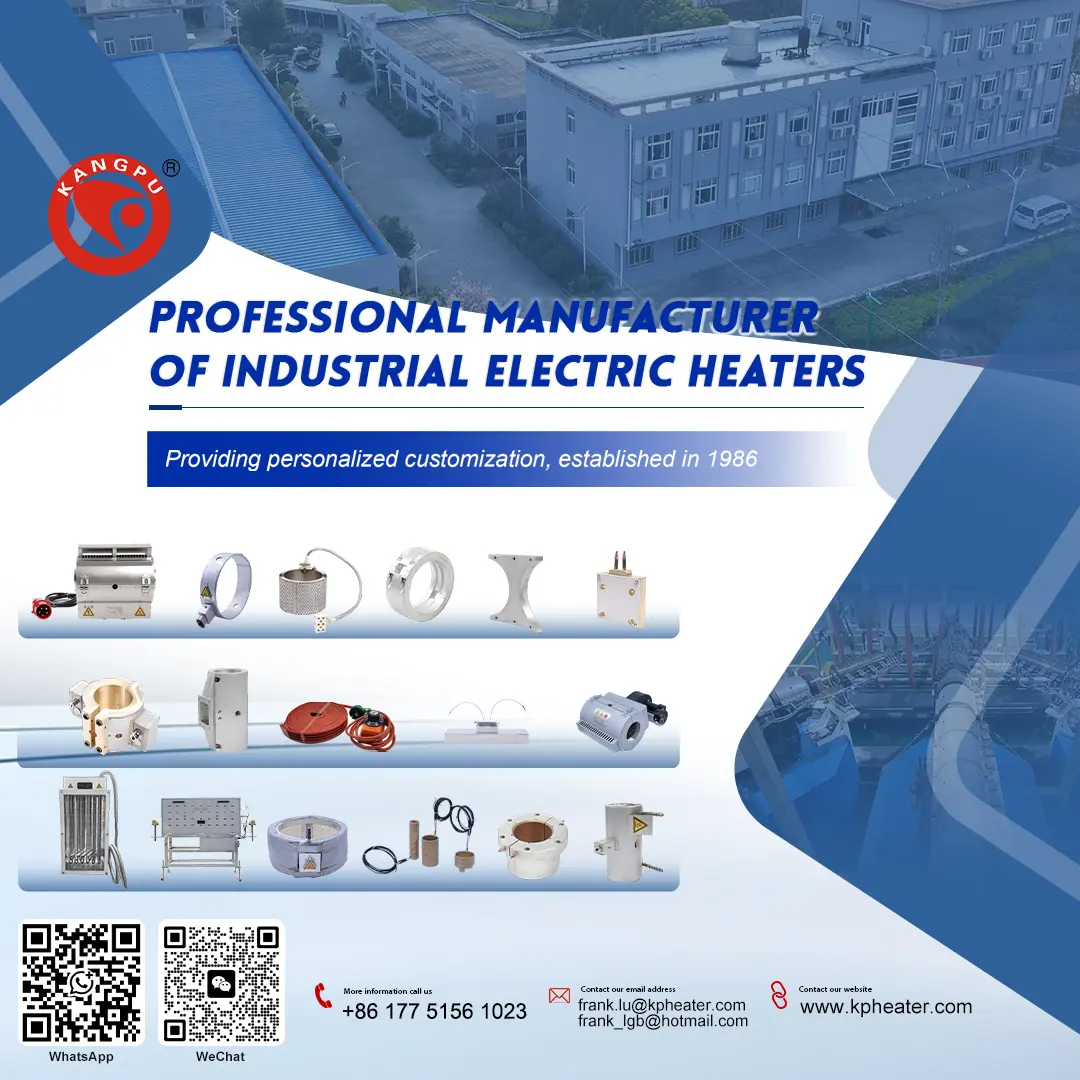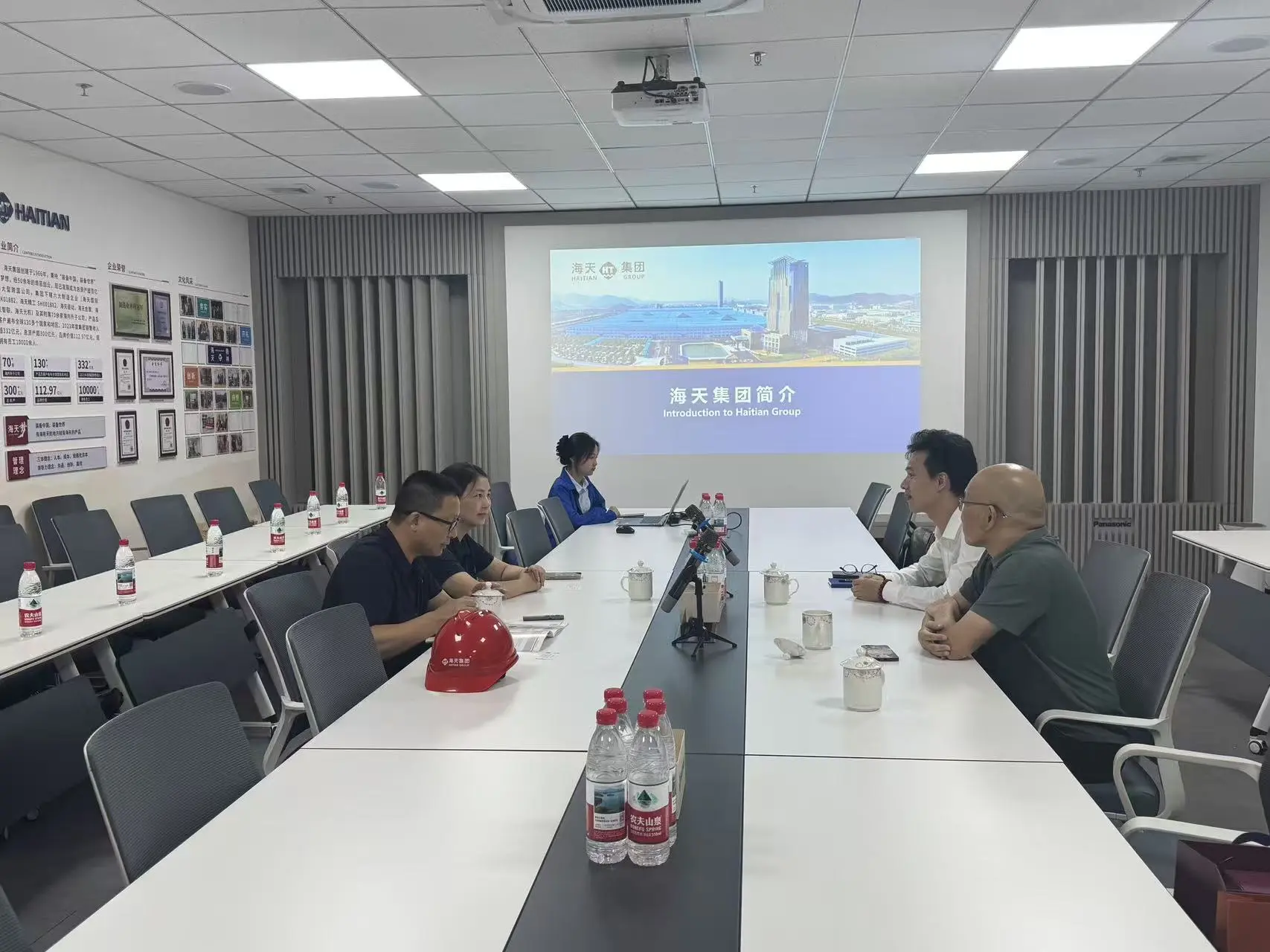Flexible Heater Overview: Applications and Benefits
Flexible heaters work on the principle of electrical resistance. When electrical current passes through the Heating Element, it encounters resistance, thereby generating heat. This heat can be precisely controlled and distributed over large or unusually shaped surfaces which are otherwise difficult to accommodate with rigid heaters.
The design of flexible heaters ensures that they are not only adaptable but also resilient. The materials used in their construction confer durability, chemical resistance, and the ability to operate across a broad range of temperatures. This makes them suitable for both high and low-temperature applications, providing versatility that is crucial for modern technological needs.
Flexible heaters have found applications across a wide array of industries due to their unique properties. In the automotive industry, they play a pivotal role in ensuring optimal operation of various components, enabling defrosting of mirrors, heating seats, and battery thermal management in electric vehicles.
In the medical field, flexible heaters are indispensable in devices that require precise temperature control. They are used in incubators, warming blankets, and diagnostic equipment where maintaining specific temperatures is critical for performance and safety.
Aerospace and defense sectors also leverage the benefits of flexible heaters, utilizing them for de-icing, preventing condensation in optical instruments, and maintaining battery function in extreme conditions.
Consumer electronics, another significant area of application, use Flexible Heaters in gadgets like 3D printers, LCD displays, and portable devices where space constraints and the need for lightweight components are paramount. The ability of flexible heaters to conform to irregular shapes makes them ideal for integrated heating solutions in compact electronic devices.

Flexible heaters are redefining the way industries approach thermal management, providing innovative solutions that blend adaptability with robust performance. As technology continues to evolve, the application and development of flexible heaters are poised to expand, bringing enhanced efficiency and novel functionalities across various domains. By understanding the foundational aspects and potential of flexible heaters, industries can harness this technology to meet the ever-growing demand for reliable and adaptable thermal solutions.










